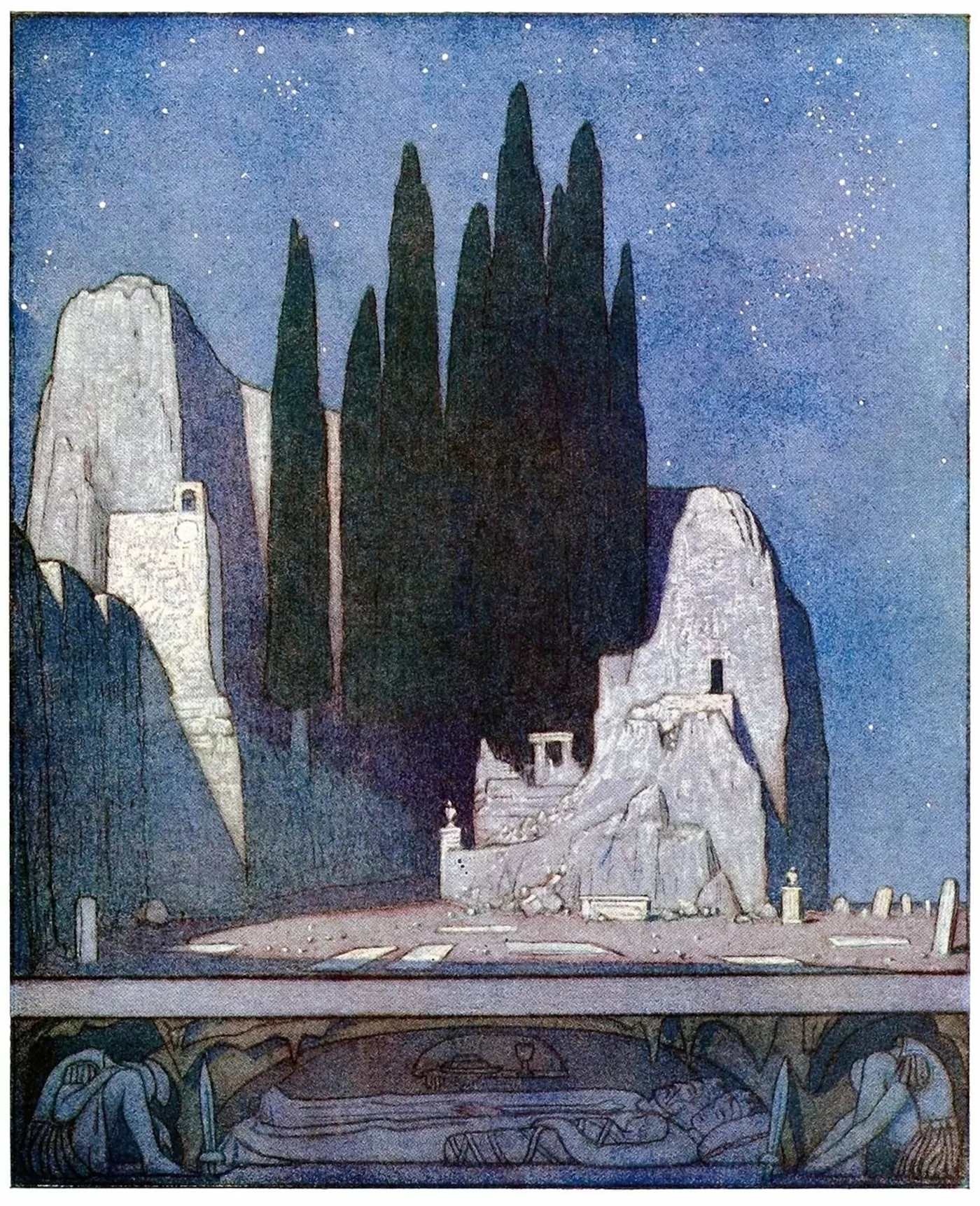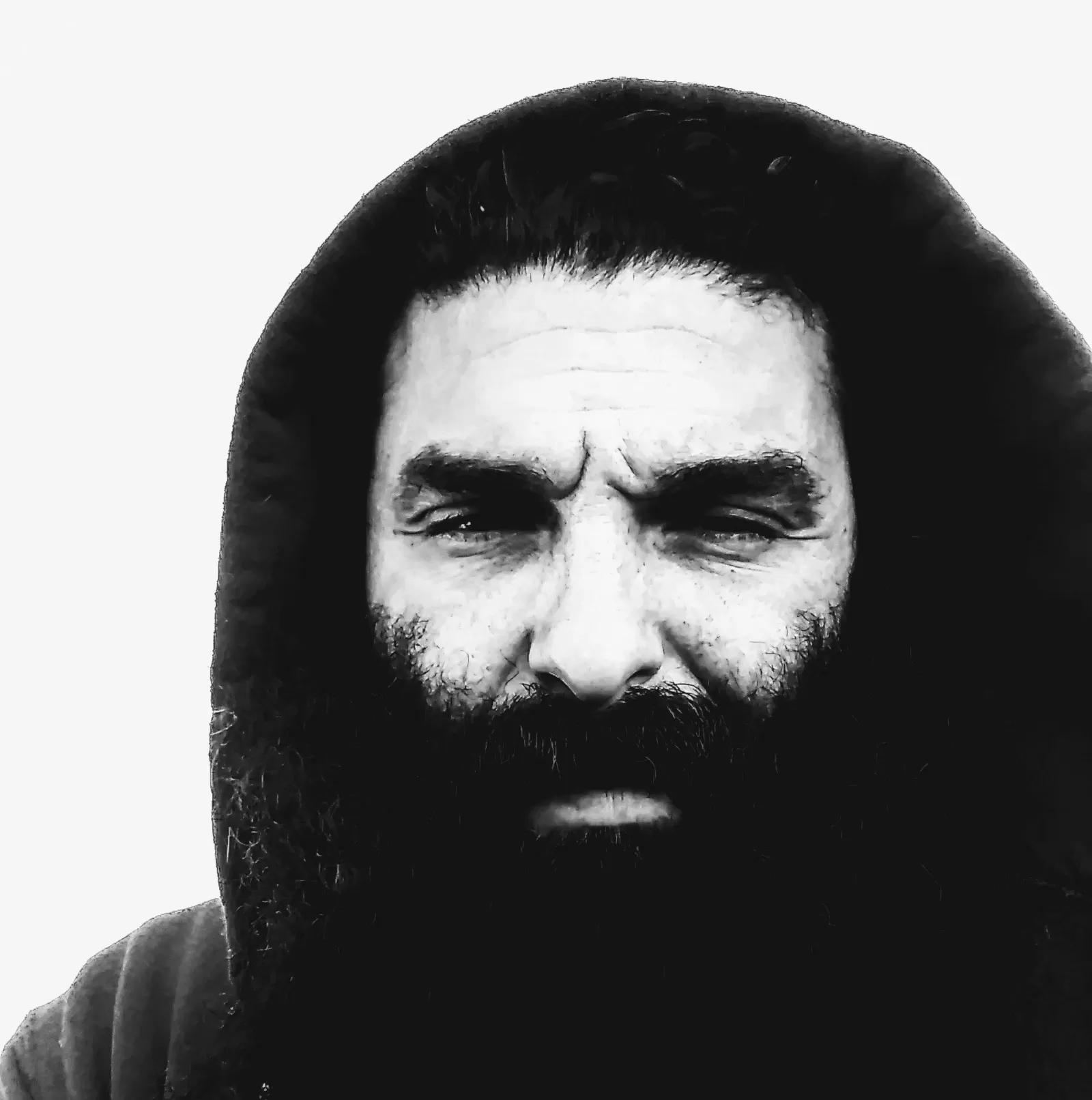Karen Lanier - The Woman Hobby Farmer

Karen Lanier shares what she learned while writing The Woman Hobby Farmer, a book that helps us look inside of ourselves and to decide whether we are ready to farm and to ask the question, “Why do I want to farm?”
That core question arises from Karen’s life experiences with an aunt who farmed, continuing through the interviews she conducted with women farmers, including some folks, to my delight and surprise, who I’ve spoken with over the years. Taking those stories and lived moments, Karen shows the importance of showing up, participating, and most importantly listening. Though we may come from a particular place regarding agriculture and farming, we have a lot to learn from our friends, neighbors, and family, who picked up the plow before us.
Find out more about her and her work at kalacreative.net. There you can also purchase your own copy of The Woman Hobby Farmer and find more information about her upcoming documentary.
What I love about this conversation with Karen is the reality of what it means to farm, and the need to make the right decision of whether or not we want to. There is a physical toll that comes from farming. A dear friend of mine in the community is facing that knowledge right now and considering how to pass their farm along to someone else to manage so they can “move to town” while continuing to teach the next generation of farmers. An interim space for many of us is a garden. With a little bit of land and a little bit of time we can provide food and security for ourselves, but that discussion and those numbers are a conversation for a different episode. Suffice to say, we should take a stark look at whether or not deciding to start a farm is our best path.
Thankfully, as we discussed, Karen provides tools, worksheets, and stories, for helping to make that very serious choice. The other side, as mentioned, is that Yes, you can make a living at this and there is plenty of evidence for that possibility.
Some of those include past interviews with Jean-Martin Fortier and Joel Salatin, or what I’ve personally witnessed from Susana Lein or Holly Brown, but there is a price that comes with it. Many people who farm, by the numbers, do not bring in a great deal of financial income, that is a reality of this, especially as things scale up and more money is spent on tools, equipment, and labor, but there are other possibilities that arise by shifting in this direction.
Finally, my favorite insight into all of this is to show up and listen. Get yourself to farms. Find on-farm training sessions. Go and open your ears. Attend agricultural conferences if you can, and not just ones on organic or regenerative. See if your local extension office or land-grant university has meetings. Join The Grange, the full name of which, as I learned while writing this, is The National National Grange of the Order of Patrons of Husbandry. These folks are our allies.
Many of them, especially ones like The Grange, want to promote the science of agriculture and community resilience, ideas that should seem common to any permaculture practitioner. We have a lot to learn from them and to share. Show up. Participate. Be a part of your local community. You, and all of us, benefit from working together for the future that we want to see.
What did you think of this conversation with Karen? Does it give you a different perspective on what you do and don’t know about farming and agriculture? Whether you have answers to those or just more questions, I’m here to listen and give more insight if I’m able.
Leave a comment below and we can continue the conversation.
Resources
KalaCreative - Karen’s Website
The Woman Hobby Farmer
Wildlife in Your Garden
Southern Sustainable Agriculture Working Group
Midwest Organic and Sustainable Education Service
PASA Sustainable Agriculture
PA-Wagn Women
Food and Agriculture Network in Iowa National
Ladies Homestead Gathering
Related Interviews
Holly Brown - Island Creek Farm
Roundtable: Clear Creek Community - Community Building
Roundtable: Clear Creek Community - Making Mead, Natural Building, and Permaculture Farming Roundtable: Clear Creek Community - Community and Traditions












